n a word, the media is the Internet in modern times in addition to the media such as newspapers, magazines, television and radio. The media in France is no exception. We are working through a similar medium form.
This time, I would like to focus on the French media, especially the paper media (newspaper), rather than the locals.
The spawn of the French Revolution “Freedom of the Press and Independence”
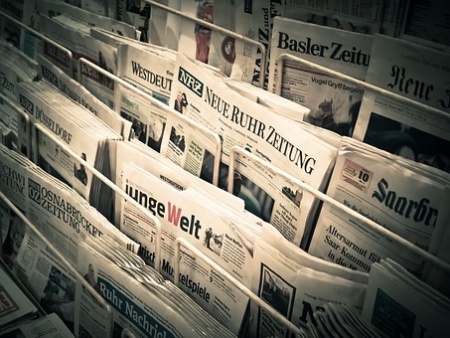
When talking about modern France, it is inevitable to face the ghosts of the French Revolution in any sector. The same is true in the media department. The Universal Declaration of Human Rights in 1789, during the French Revolution, already recognizes “freedom of press” under “freedom of thought and expression.” Then, the law of July 29, 1881 completely legalized “independence of the press.” In this way, in France, the freedom and independence of the media was recognized in the wake of the French Revolution. It is no exaggeration to say that the French media world was born as the spawn of the French Revolution.
French press with a strong political color
By the way, there are more than 30 kinds of national daily newspapers in France. Among them, the major national newspapers are as follows.
Le Monde, Libération, Le Figaro, Les Echos, La Tribune, L’Humanité , La Croix
What is interesting here is that each newspaper has a clear political color of left and right. In Japan, the Asahi Shimbun is more center-left? , Is the Yomiuri Shimbun a centre-right? That was my impression, but if anything, I feel that there was an attitude of avoiding clarifying the political color as much as possible. Is it still the case?
Then, from the national newspapers listed above, the political colors of each are as follows.
Le Manute (Communism)
Liberation paper (leftist)
Le Monde (center-left)
Le Figaro (right-wing)
Les Echos (independent)
La Tribune (right-wing)
La Croix (Catholic or right)
If you look at the newspaper you are reading, you can understand the idea
Therefore, in France, it is very convenient to be able to quickly find out what kind of political color the person has, depending on what kind of newspaper the person is reading. However, with a little supplementary explanation here, few people read the national newspapers listed above every day. In France, mainly Parisians tend to prefer such national newspapers, but local people are so attached to each local newspaper that it is generally a matter of deciding the political color of an individual in a rural area. I think it’s difficult.
In any case, it is quite natural to have your own opinion in a political sense in France, and if you get along with it even a little, you can easily show your political color. Also, regardless of the left or right, I think that the place where we respect each other’s opinions is the world of French individualism that respects individuality.
Subscription of French newspapers
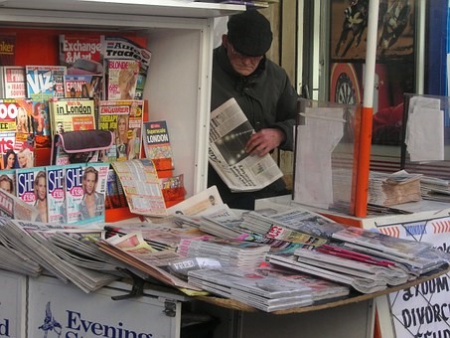
In France, unlike Japan, it is impossible to subscribe to newspapers monthly, much less twice a day, in the morning and evening editions. It’s a dream-like world for French newspapers. Moreover, newspapers are rarely delivered to your home every morning and evening. So, when French people read newspapers, the general way to subscribe is to buy them at kiosks all over the city. With the spread of the Internet, the future whereabouts of paper newspapers have become a problem. Moreover, now that there are quite a few free newspapers (Metro, 20 minutes, etc.) distributed in major cities such as Paris, it is a headache for each newspaper company.
Freedom of the press
According to this year’s “Press Freedom Index” survey of 180 countries published by Reporters Without Borders, which is headquartered in Paris every year since 2002, France ranked 39th and Japan 72nd. It has become. It’s a shame that Japan scored very well at 11th place during the Hatoyama Cabinet era in 2010 …
Now, regarding the French media, which is the main subject, surprisingly France does not have a good degree of freedom of the press among European countries. Is it embarrassing even though it is a country of “freedom of the press and independence” inherited from the French Revolution? That is. https://rsf.org/en/ranking
Expectations for the new president
Well, according to the analysis of this site, the reason is as follows.
“Overall, the French press is free, and the law protects its freedom and independence, but newspaper groups are interested in things that are far from the spirit of journalism. Under these circumstances. , Creating a faction within the same newspaper, creating freedom of the press and independence, and deteriorating economic conditions … (Omitted) … A number of rebel riots have been repeated, and let’s calm them down by force. The cause of this French ranking is that the police power has affected journalists and that the government and the public have become more distrustful of journalists during this year’s campaign for the French presidential election. ”
And finally, this site concludes.
With the birth of the new president, a new wind may be blowing into the French media world.
Be free
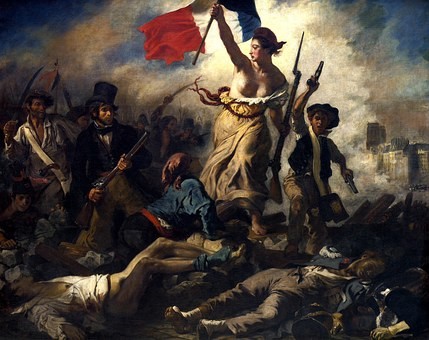
How was it? It was about the French media (newspaper).
The media is so influential that it is said to be the “fourth estate” after legislation, administration and judiciary. However, behind the fact that the power of the media is strong, does it also mean the strength of democracy in that country? I hope that media freedom and independence will continue in Japan and France in the future.

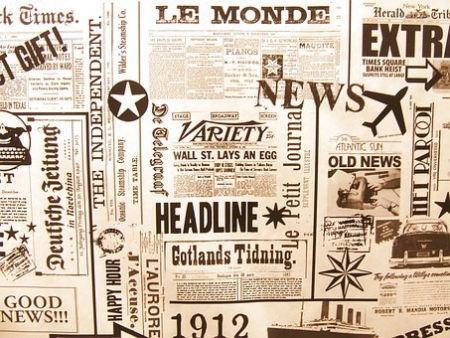





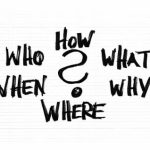

































Leave a Reply